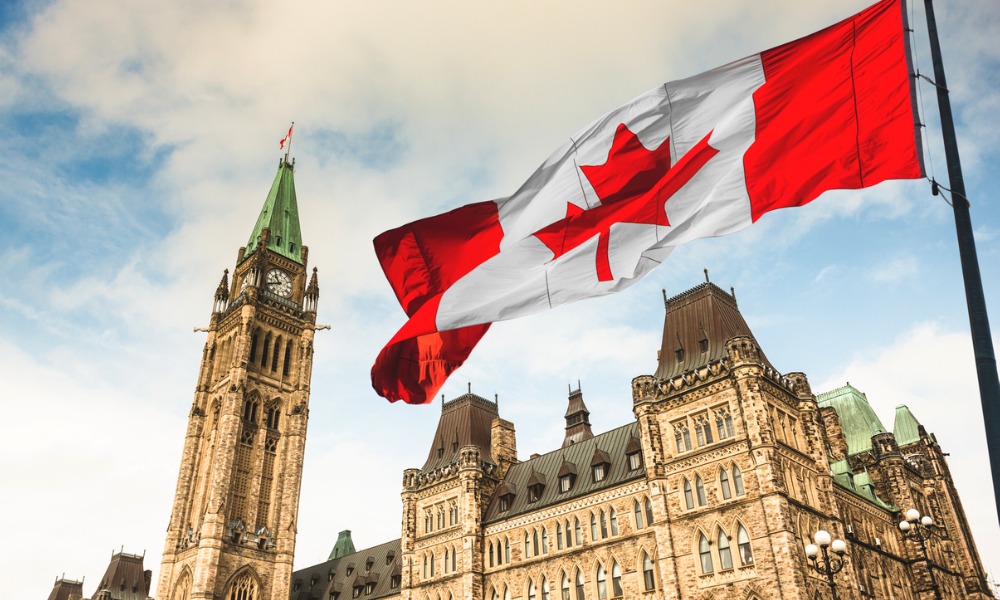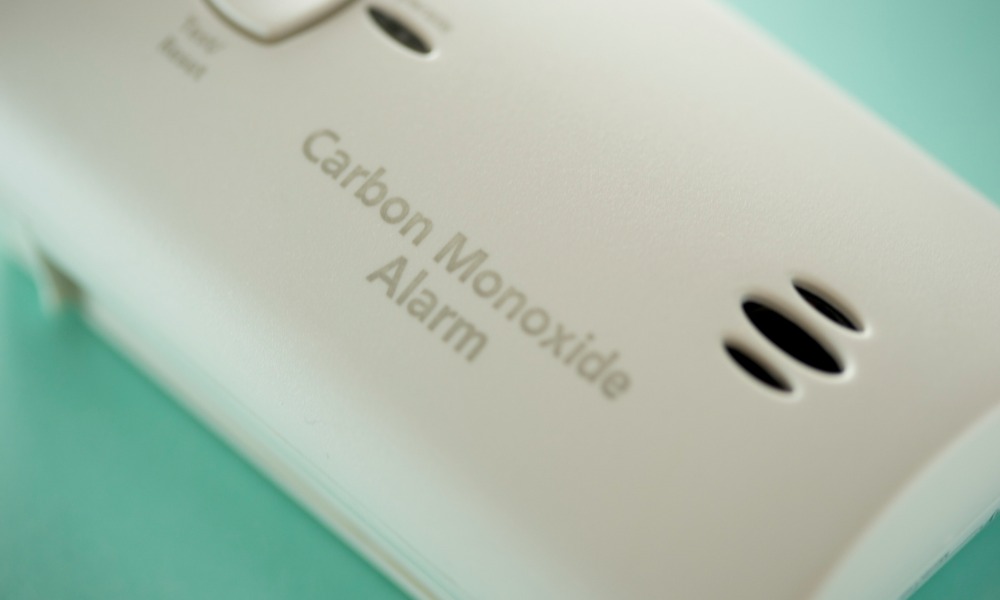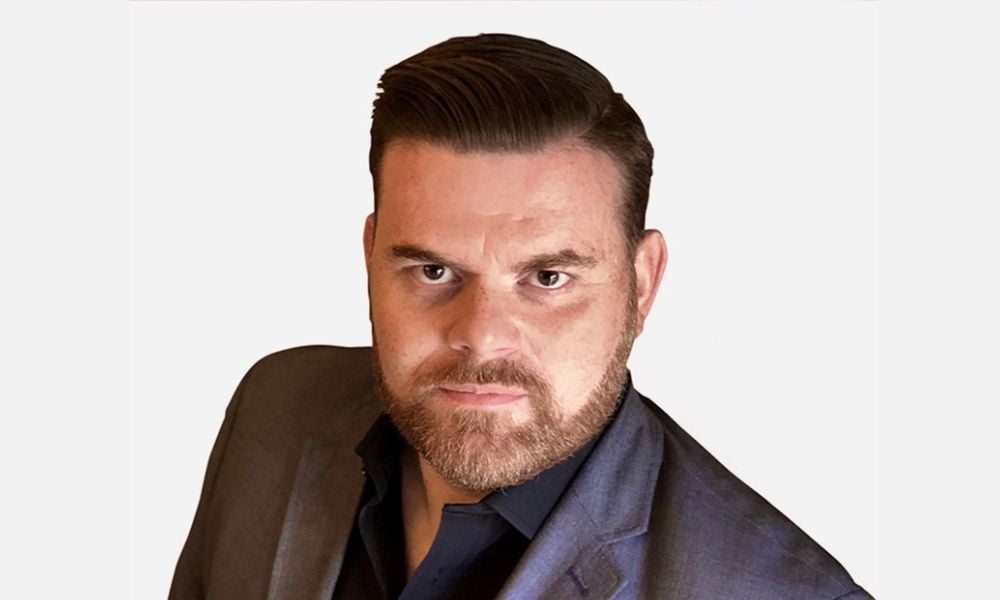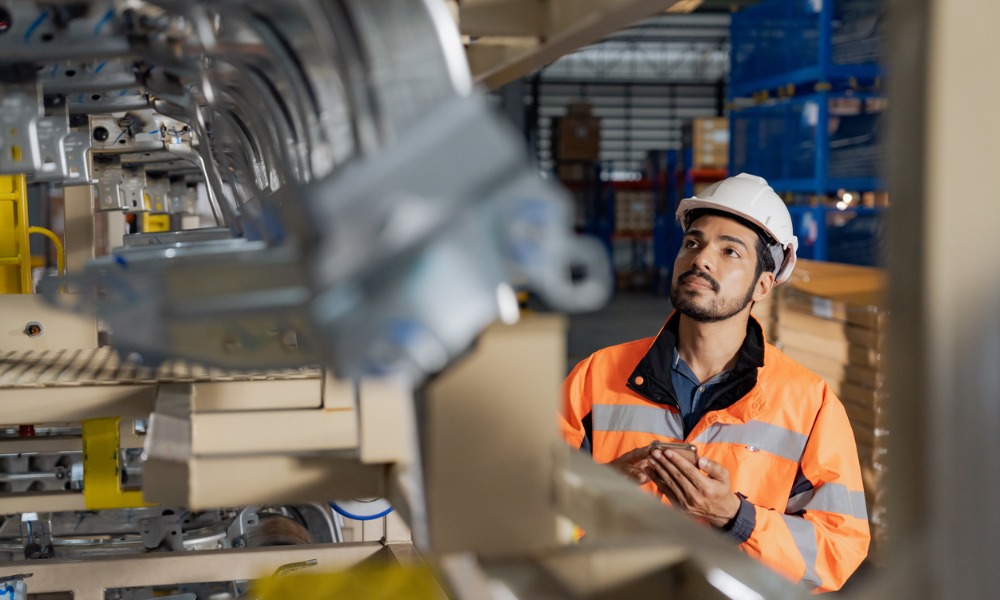Experts share benefits, challenges, best practices in using new tech for talent acquisition

Could artificial intelligence and talent acquisition be the perfect marriage?
Employers continue to struggle to fill open job positions even to this day. Case in point: The average time to hire an employee is now taking 44 days, an all-time high, according to the Global Talent Climate report released by the Josh Bersin Company and AMS.
The same report also revealed that time-to-hire rates in the first quarter of 2023 alone had extended by a day across all industries.
Meanwhile, there’s a lot of discussion around artificial intelligence, especially with ChatGPT coming into play. In November 2022, OpenAI launched its generative artificial intelligence (AI) technology. ChatGPT use soared in the first quarter of this year, even after it reached 100 million monthly active users in January.
Two experts — Lauren Winans, CEO and principal HR consultant at Next Level Benefits and Dr. Lindsey Zuloaga, chief data scientist at HireVue — talked to HRD believe that using AI can help human resources professionals in their quest to find the talent that companies badly need.
How can AI be used for talent acquisition?
Winans: “The one that we more or less have already been experiencing to a certain degree is [in] the resume screening … through some sort of applicant tracking system… Those systems are designed to be looking for relevant information from resumes, to reduce the amount of time a recruiter spends sifting through resumes when there's a job posting.
“AI can basically create job descriptions that are designed specifically for certain roles, to attract certain candidates. That is a really tough one for a lot of recruiters to come up with: job postings that are compelling, that generate enough applicants, that make it helpful for them to have a nice pool of candidates to choose from. And a lot of it gets complicated when a recruiter is not necessarily intimately involved in understanding every aspect of every job that they have to recruit for.
“There's some systems where chatbots are being used to conduct some of the preliminary interviews. [They] are considered a screening tool to reduce [the time for] recruiters, because there's a lot of time spent during sourcing and in that initial interview that might take place before [candidates] get passed onto the next round.”
Zuloaga: “AI is very widely used throughout the whole talent acquisition process, from advertising job postings to people online, to sourcing candidates. Evaluating and assessing candidates is a big area for us. And even beyond hiring in HR, succession planning, understanding your talent and internal mobility.
“With generative AI specifically, it's all very new and there's a lot of really interesting applications around helping candidates, coaching candidates how to interview well and how to improve their resume, their cover letter; helping recruiters write better job descriptions, and understanding things like career paths.”
What are the benefits of AI for talent acquisition?
Winans: “For recruiters, saving time for them is probably the number one [benefit]. But there's some other benefits, too. When we talk about bias, most of us have a lot of or some version of unconscious bias in the interview process. What’s great about AI is it really can help to mitigate that bias.
“There could be a different candidate – as part of the interview process – that is better suited based upon their skills and their experiences, based upon the different life experiences and personal experiences that they're bringing to the table. And we as humans don't always see that. AI can really eliminate some of the bias that is part of the talent acquisition process.
“Through the use of AI, a lot of these different phases and steps [that are part] of the talent acquisition process can be accelerated. The talent acquisition process can get quite tedious. And the longer that a position is open, the harder it becomes to fill, the more challenging [it is for] anyone who might be a part of the process, whether it's the recruiter, the hiring manager, other folks within the company that might be helping with the interview process; It really becomes a drain on everyone's time.”
Zuloaga: “With the new algorithms we have for natural language processing, we're getting to a place where machines can quantify that meaning and that nuance really well. And we get algorithms that can really assist in the hiring process. Because as of now, most of our customers have a lot of candidates. They have a position, sometimes they have hundreds or thousands of candidates, and there's no way they can possibly review all those candidates. So they need something consistent, that's fair, to evaluate people on things that are related to the job.”
Two-thirds (67 per cent) of respondents to a previous Human Resources Professionals Association (HRPA) survey said their organization has no plans to use generative AI.
What are the challenges of using AI for talent acquisition?
Winans: “Something that could get in the way of this being a successful tool is really [failing to ensure] that decisions are made ethically and fairly, and that practices are put in place are fair and align with regulatory requirements related to labour laws.
“Human oversight in decision making is always ideal over AI. And so I do think that the introduction of maybe too many AI tools within the talent acquisition process would be removing a lot of that human oversight that would help to ensure that ethical and fair practices are in play. So there's some limitations to automating your entire process and leveraging a bunch of tools in lieu of including human decision making. So there's some risk there from an ethics standpoint.”
Zuloaga: “One that has been... a big headline… was bias. If the data is biased, then AI will read them and can mimic that bias.
“But there are a lot of ways to overcome that. I think [in the] early days, we saw a lot of examples of that. And there've been a lot of lessons learned about algorithms, taking something and running with it even if it's a bad thing. And it's an ongoing area of study, academically and in industry, to make sure that we're not doing that.”
What are some best practices for using AI in talent acquisition?
Winans: “[Pilot] everything that you are considering doing before it becomes part of your permanent process. [Check] to see if you can implement AI in this aspect of the process, and what that looks like and how does that work?
“I wouldn't put all my eggs in one basket. I wouldn't go full 100% AI in the talent acquisition process. I would pick and choose where it makes sense to leverage AI and where it makes sense to [maintain] that human oversight and that decision making that's important to the process.”
The use of artificial intelligence technology can make jobs easier for a lot of workers, but it would soon make some workers inconsequential – and it’s not going to stop there, said Geoffrey Hinton, who was billed as the “Godfather of AI”.
Zuloaga: “Humans working with machines is a really good combination. And there are a lot of parts of a recruiter’s job that really don't need to be done by humans, like scheduling interviews.
“If you can automate those things and humans can focus on the more human side of things – talking to those people, spending time with those promising candidates and selling them on the job, getting them excited and answering their questions – I feel like that that's really where people [will] shine in using these tools, to help them do the more human side of things.”








